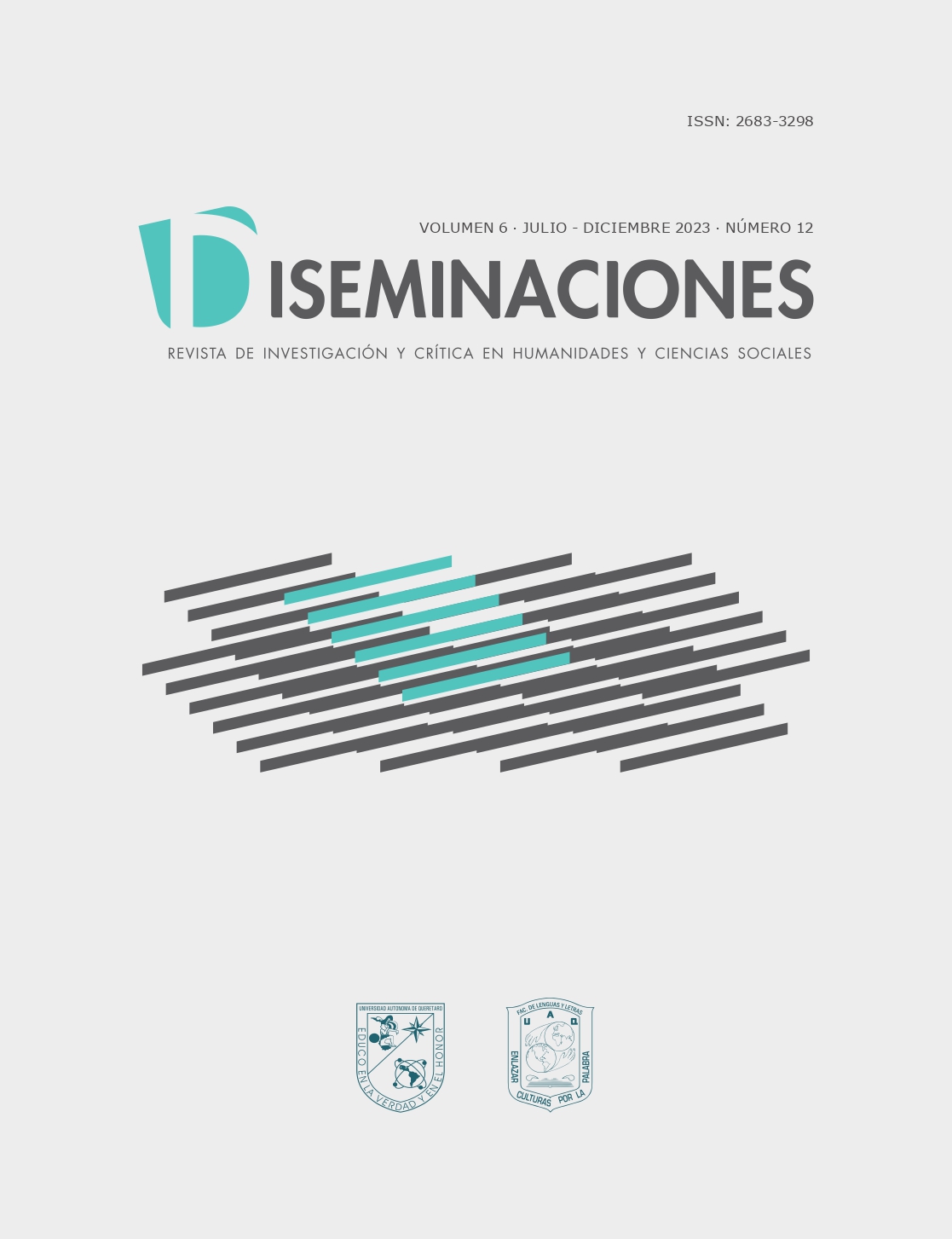Abstract
The critical-social paradigm conceives the school as a privileged place for transformative and emancipatory education, but to achieve a teaching practice that truly transforms the reality of diverse subjects, groups and people, it is necessary to provoke the reflections of trainers, starting from the problematization that implies the stratification of diversities and the disadvantages of subjects from an intersectional perspective. The asymmetries between cultures and within cultures are sustained in historical processes and dominant hegemonic logics, so normalized that it is difficult to see how they are reproduced in everyday life, in different spheres. Here, critical interculturality is the means to provoke reflections other that contribute to deactivate the symbolic violence implicit in the interactions and intersubjectivities in basic education.
It is not only a matter of giving value to diversities, but also of emphasizing the power structures that maintain relations of subordination between cultures and territories. The article is divided into three sections: the first presents theoretical approaches to critical interculturality; the second refers to the stratification of diversities and the disadvantages of subjects from an intersectional perspective; and the third deals with approaches to inequality and symbolic violence with teachers, from the classroom and the student’s environment.
References
Álvarez Veinguer, A. y Olmos Alcaraz, A. (2020). “Delegando dispositivos de escucha en una etnografía colaborativa”. En A. Álvarez Veinguer, A. Arribas Lozano y G. Dietz, (Eds), Investigaciones en movimiento. Etnografías colaborativas, feministas y decoloniales. Buenos Aires: CLACSO.
Baños Nocedal y A. A. (2005). “Antropología de la violencia”. En C. Serrano Sánchez, P. O. Hernández Espinoza y F. Ortiz Pedraza (Eds.), Estudios de Antropología Biológica (pp. 41-61). Ciudad de México: Universidad Nacional Autónoma de México.
De Sousa Santos, B. (2011). “Epistemologías del sur”. Utopía y praxis latinoamericana, 16(54) pp. 17-39. https://www.boaventuradesousasantos.pt/media/EpistemologiasDelSur_Utopia%20y%20Praxis%20Latinoamericana_2011.pdf
Díaz Cordura Cabral, E. (2009). “Multiculturalismo y educación”. Revista cultura y representaciones sociales, 4(7), pp. 27-54. https://scielo.org.mx/pdf/crs/v4n7/v4n7a2.pdf
Dietz, G. (2011). “Hacia una etnografía doblemente reflexiva: una propuesta desde la antropología de la interculturalidad”. Revista de Antropología Iberoamericana, 6 (1), pp. 33-52. https://www.redalyc.org/pdf/623/62321332002.pdf
Estermann Josef. (2014). “Colonialidad, descolonización e interculturalidad: Apuntes desde la Filosofía Intercultural”. Polis, 13(38), pp. 347-368. https://www.scielo.cl/pdf/polis/v13n38/art16.pdf
Freire, P. (2005). La pedagogía del oprimido. Ciudad de México: Fondo de Cultura Económica.
Gledhill, J. (2010). El poder y sus disfraces, perspectivas antropológicas de la política. España: Ediciones Bellaterra.
Guber, R. (2013). La articulación etnográfica. Buenos Aires: Biblos.
Gootenberg, P. (2010). “Desigualdades persistentes en América Latina”. En P. Sandoval (Comp.), Repensando la subalternidad. Miradas críticas desde/sobre América Latina. (pp. 371-392). Lima: Instituto de Estudios Peruanos.
Guerrero Arias, P. (2016). El trabajo de campo antropológico. Quito: Universidad Politécnica Salesiana.
Mignolo, W. (2014). “Retos decoloniales hoy”. En M. E. Borsani y P. Quintero (Comps.), Los desafíos decoloniales de nuestros días: Pensar en colectivo (pp. 23-47). Neuquén: EDUCO- Universidad Nacional del Comahue.
Montero Gutenberg, G. (2020). “Lenguas y saberes: reflexiones desde la visión indígena”, Articulando e Construindo Saberes, (5), e63952. https://revistas.ufg.br/racs/article/view/63952/35349
Olivé, L. (2004). Interculturalismo y justicia social. Ciudad de México: Universidad Nacional Autónoma de México.
Walsh, C. (2005). “Interculturalidad, conocimientos y decolonialidad”. Revista Signo y Pensamiento, XXIV(46), pp. 39-50.
Walsh, C. (2008). “Interculturalidad crítica, pedagogía decolonial”. En W. Villa y A. Grueso (Comps.), Diversidad, interculturalidad y construcción de ciudad. Bogotá: Universidad Pedagógica Nacional/Alcaldía Mayor
Walsh, C. (2009). Interculturalidad, Estado, Sociedad: Luchas (de)coloniales de nuestra época. Quito: Universidad Andina Simón Bolívar/Abya Yala.
Walsh, C. (2010). Interculturalidad crítica y educación intercultural, Instituto Internacional del Convenio Andrés Bello, La Paz, Bolivia.
Walsh, C. (2014). “Decolonialidad, Interculturalidad, Vida desde el Abya Yala-Andino. Notas pedagógicas y sentipensantes”. En M. E. Borsani y P. Quintero (Comps.), Los desafíos decoloniales de nuestros días: Pensar en colectivo. Neuquén: EDUCO- Universidad Nacional del Comahue. pp. 47-78.
Viaña, J. (2010). “Reconceptualizando la interculturalidad”. En: J. Viaña, L. Tapia, y C. Walsh, Construyendo interculturalidad crítica (pp. 7-64). La Paz, Bolivia: Instituto Internacional de Integración Convenio Andrés Bello.

This work is licensed under a Creative Commons Attribution 4.0 International License.
Copyright (c) 2023 Diseminaciones


